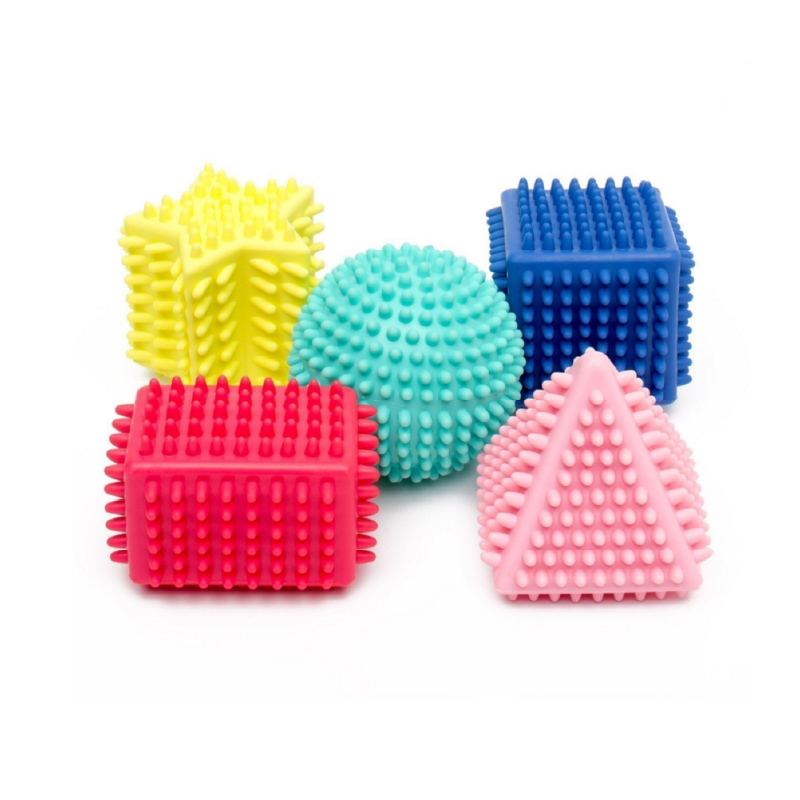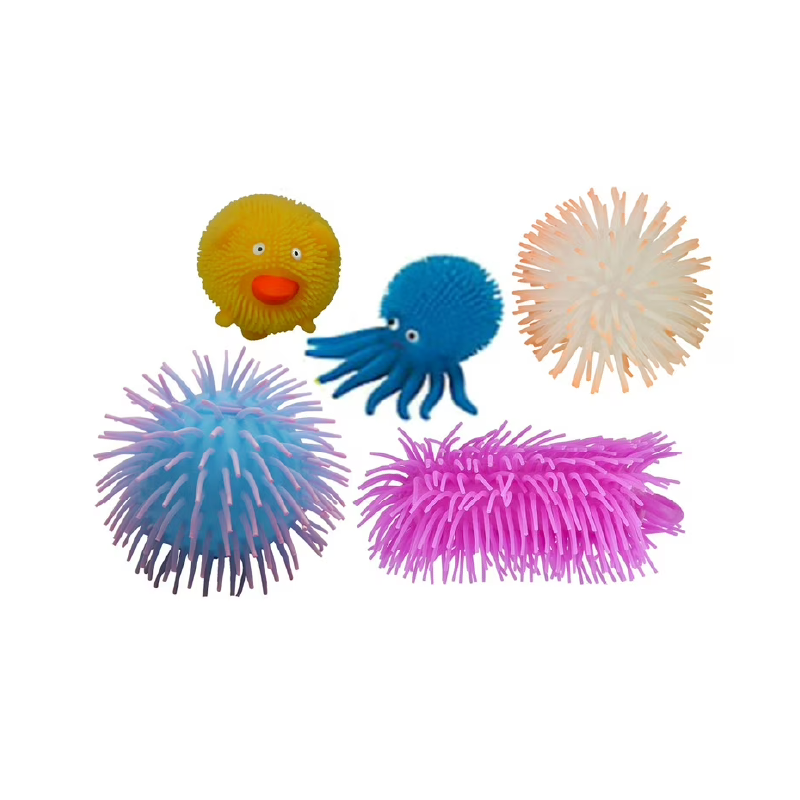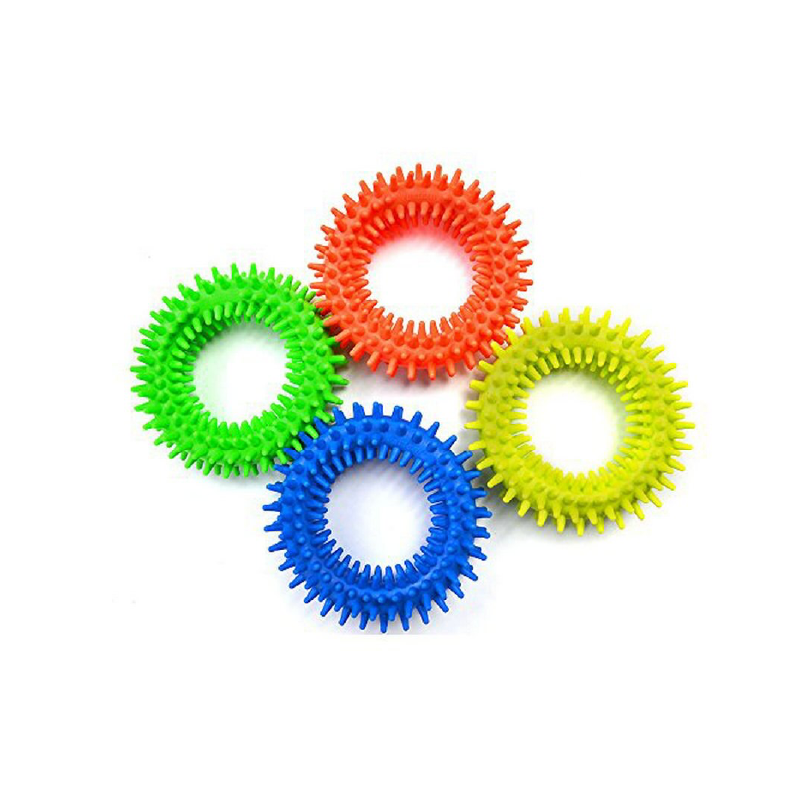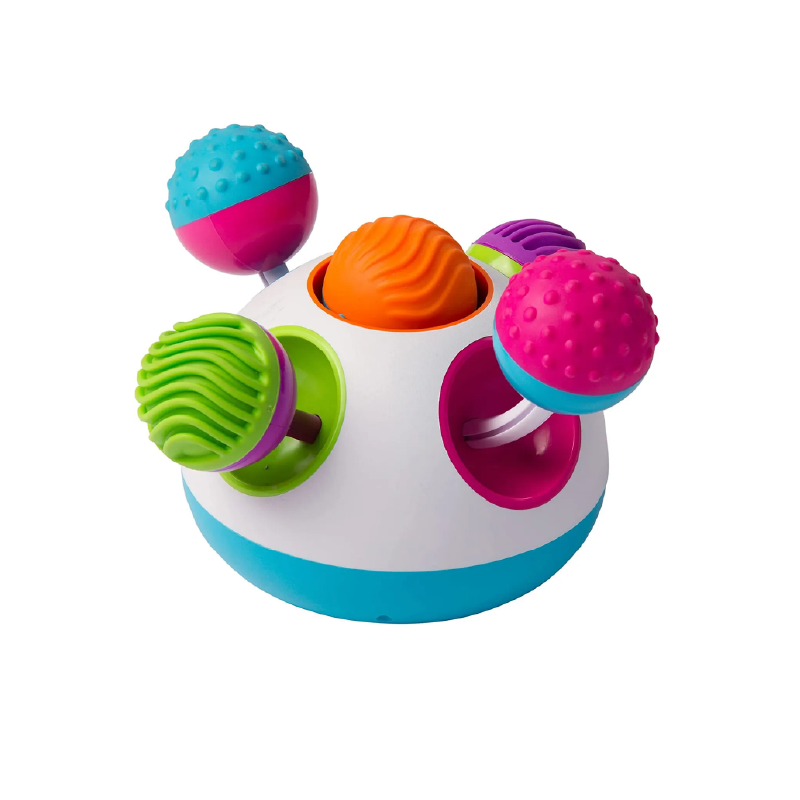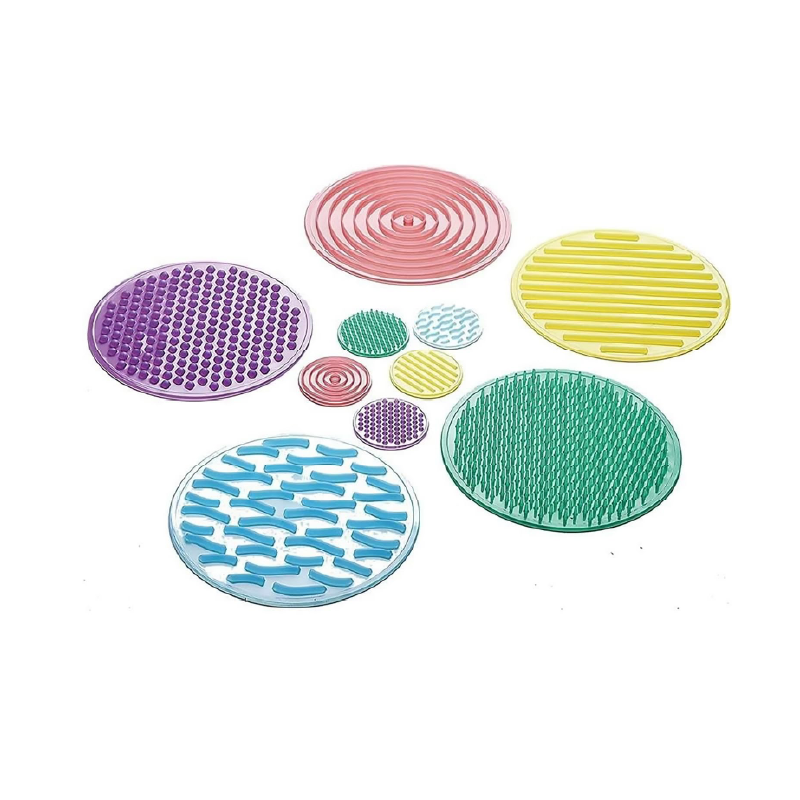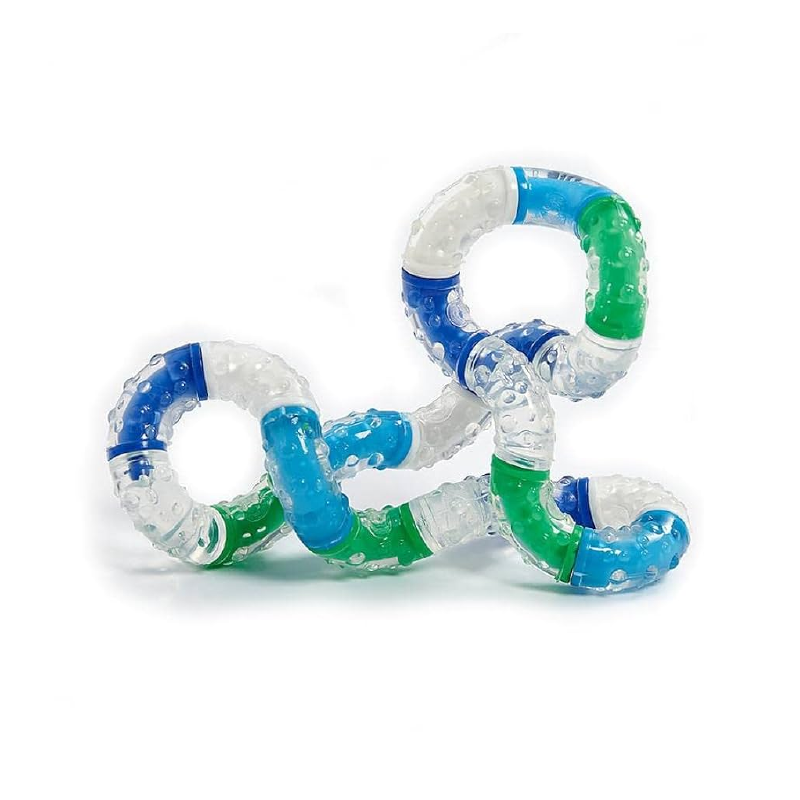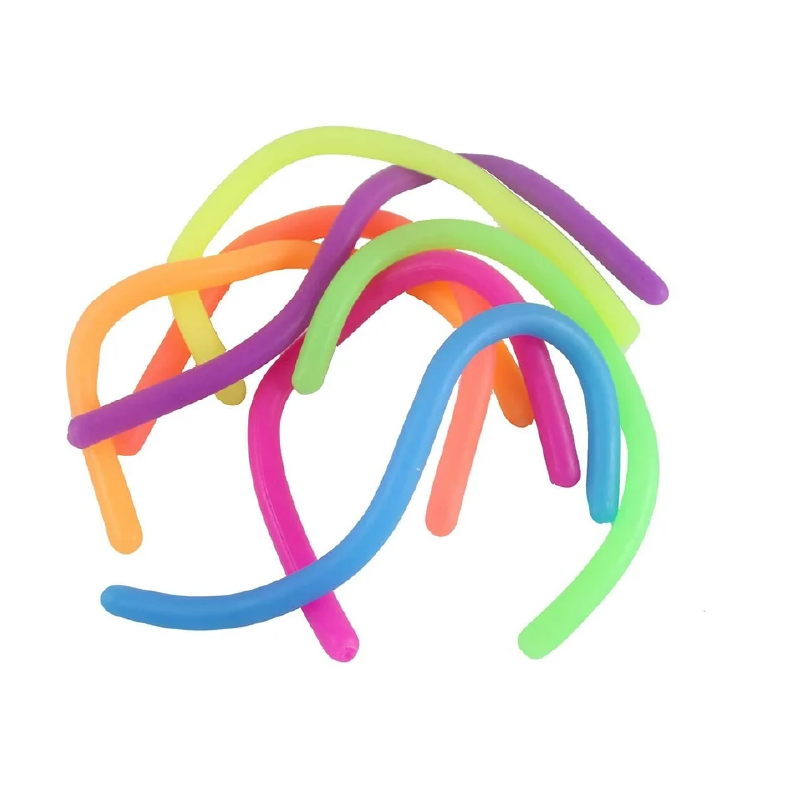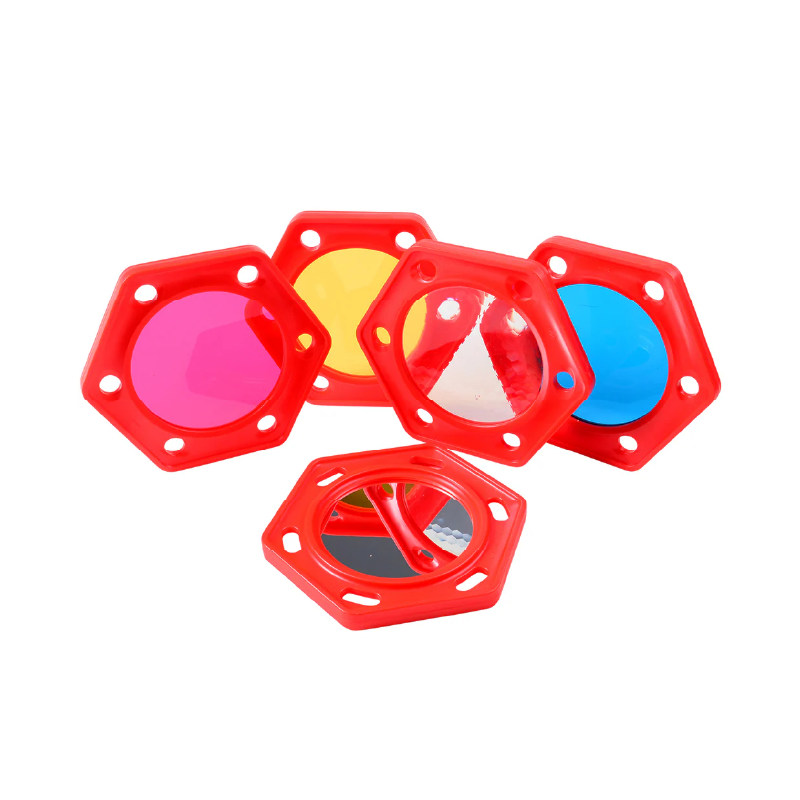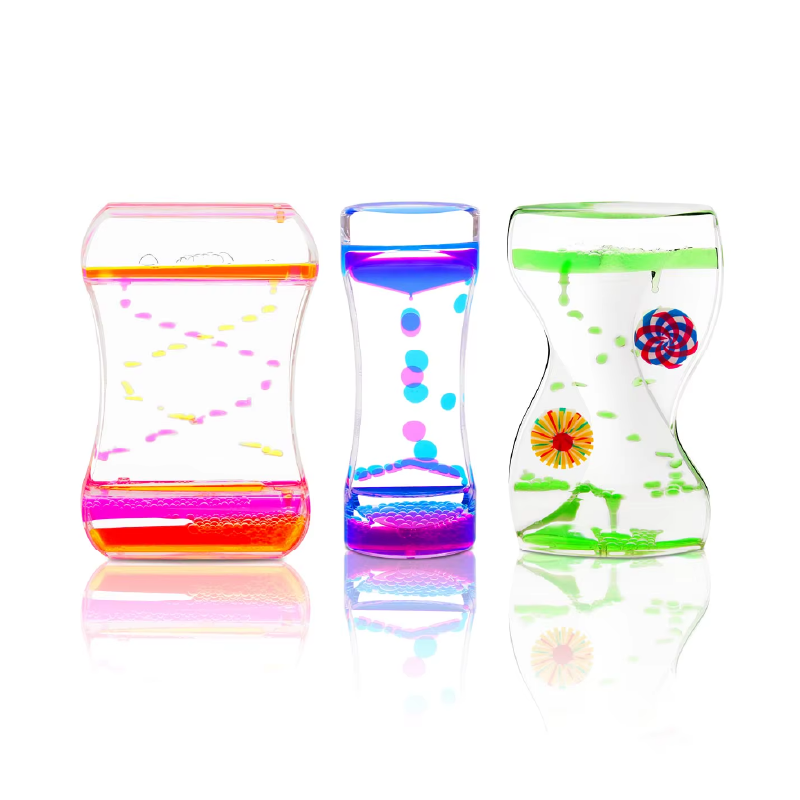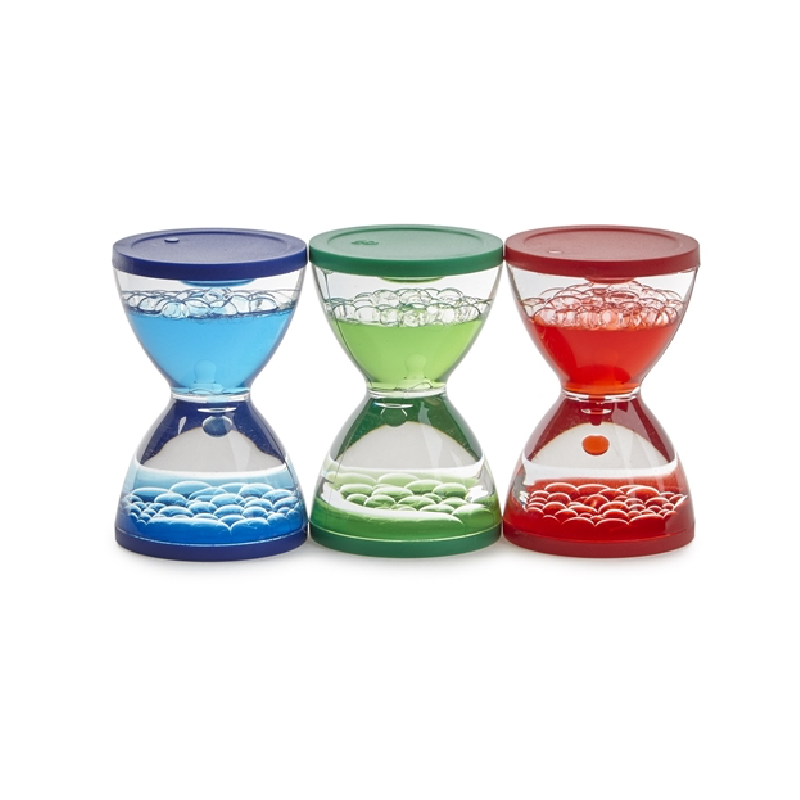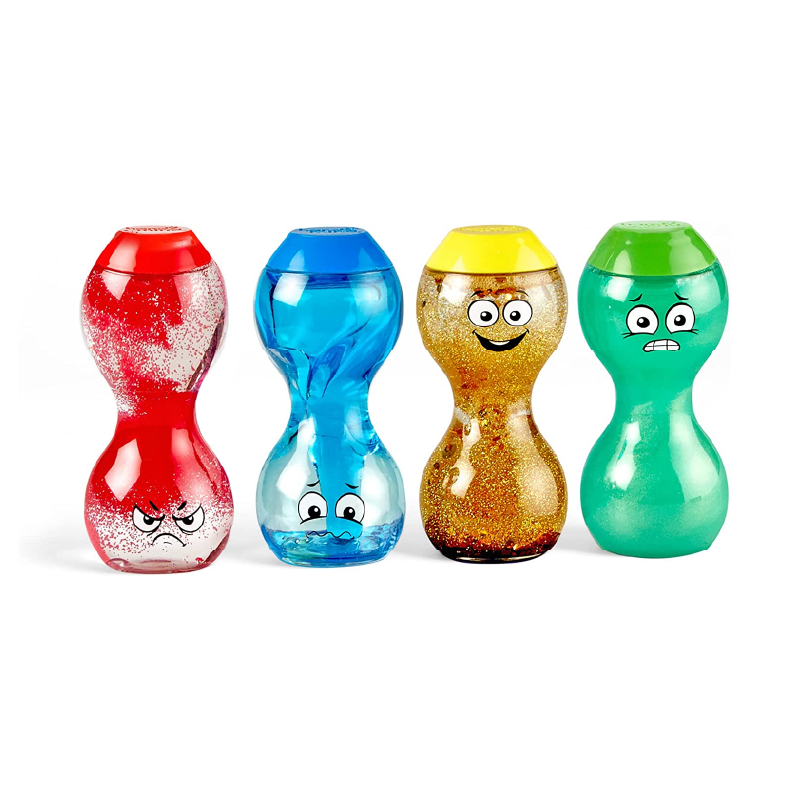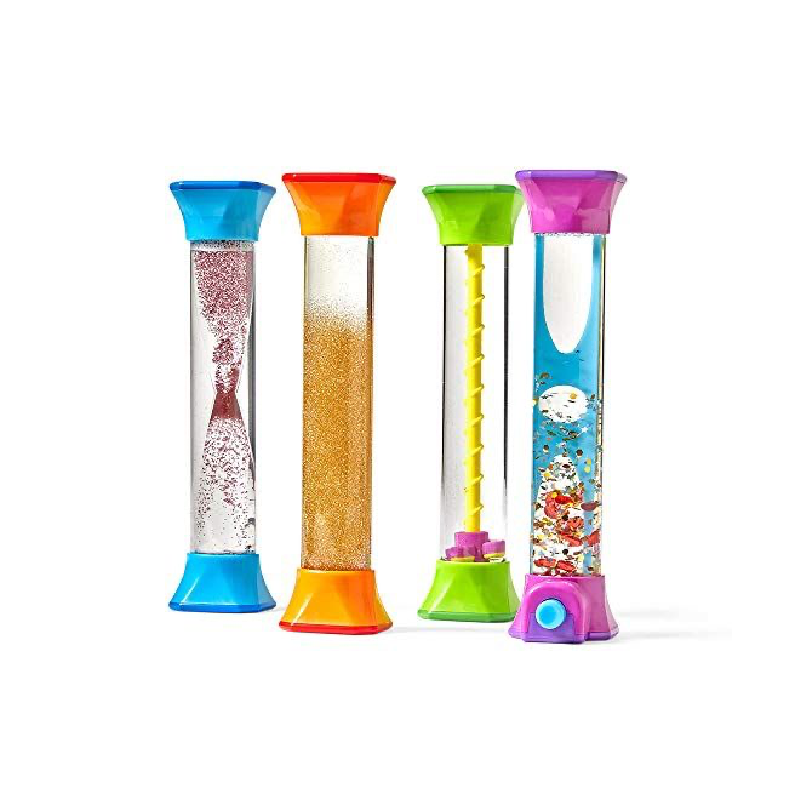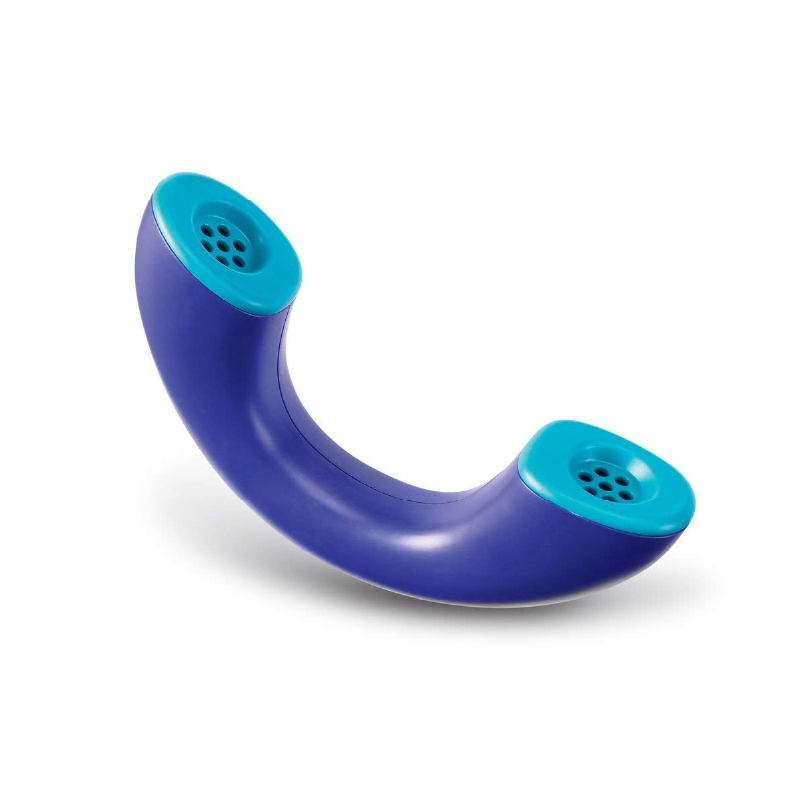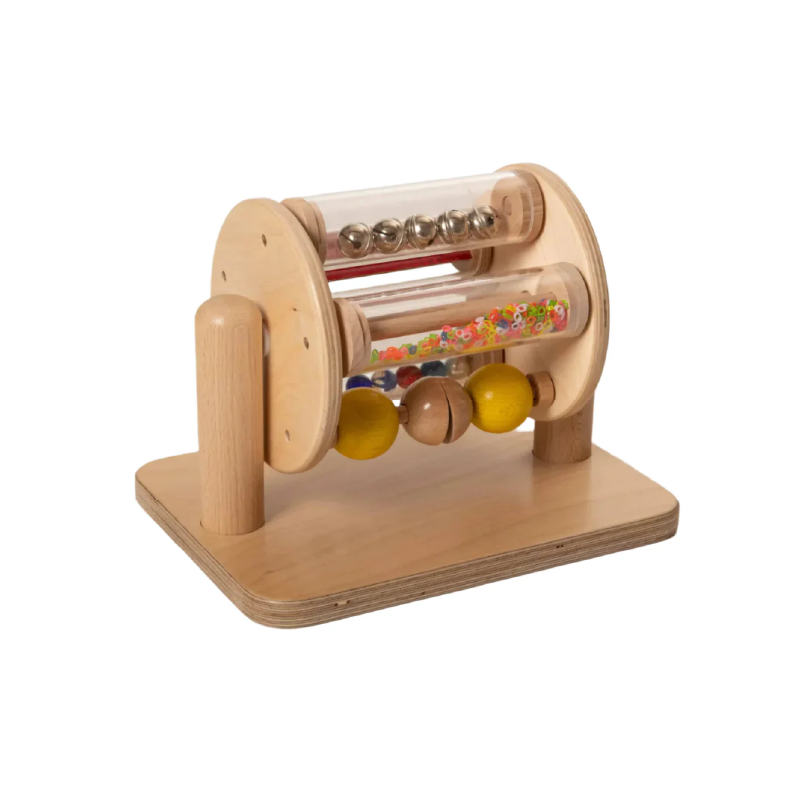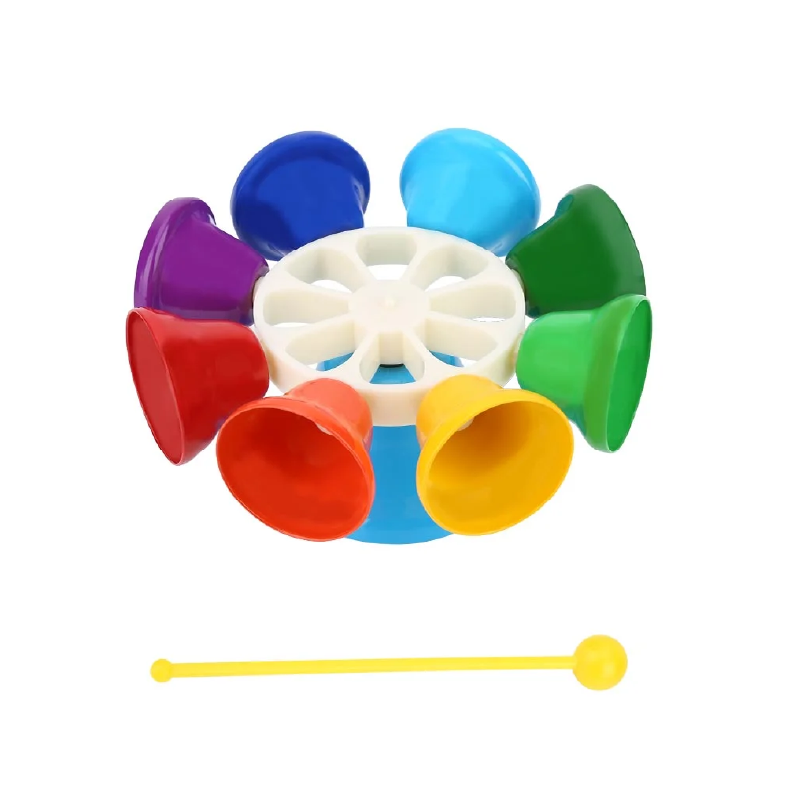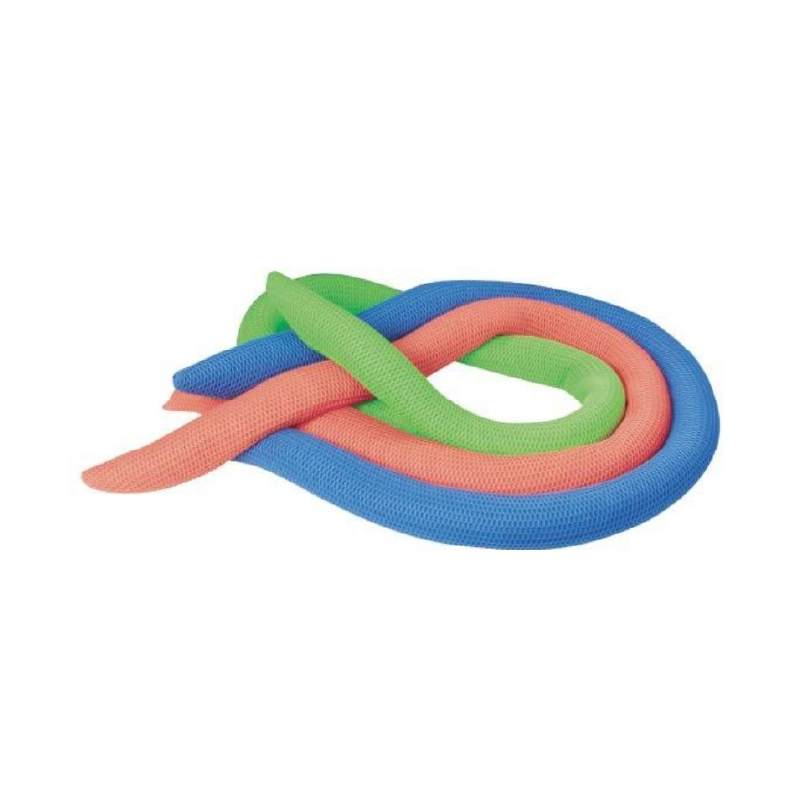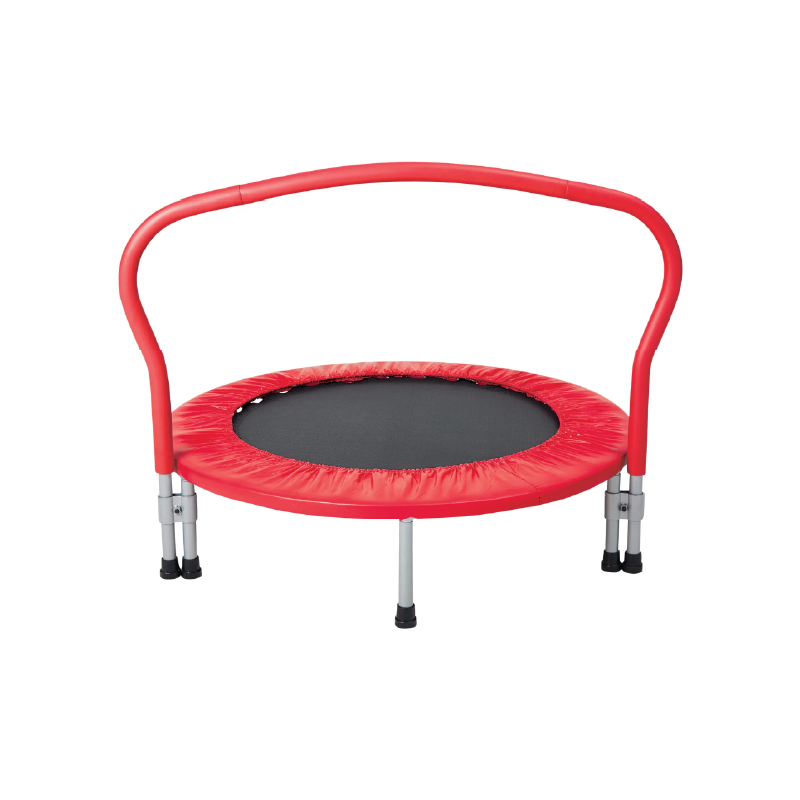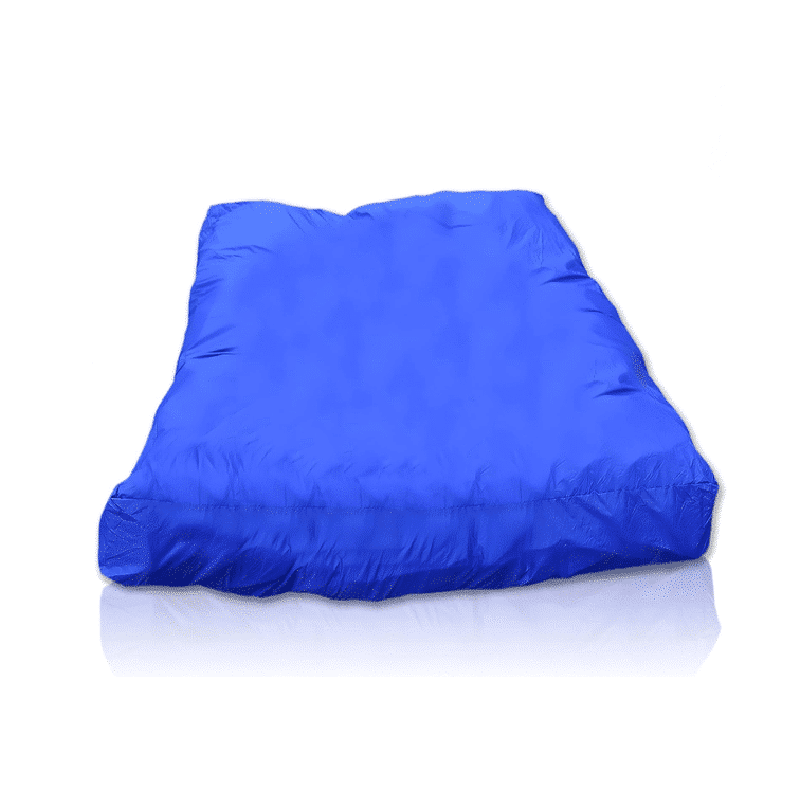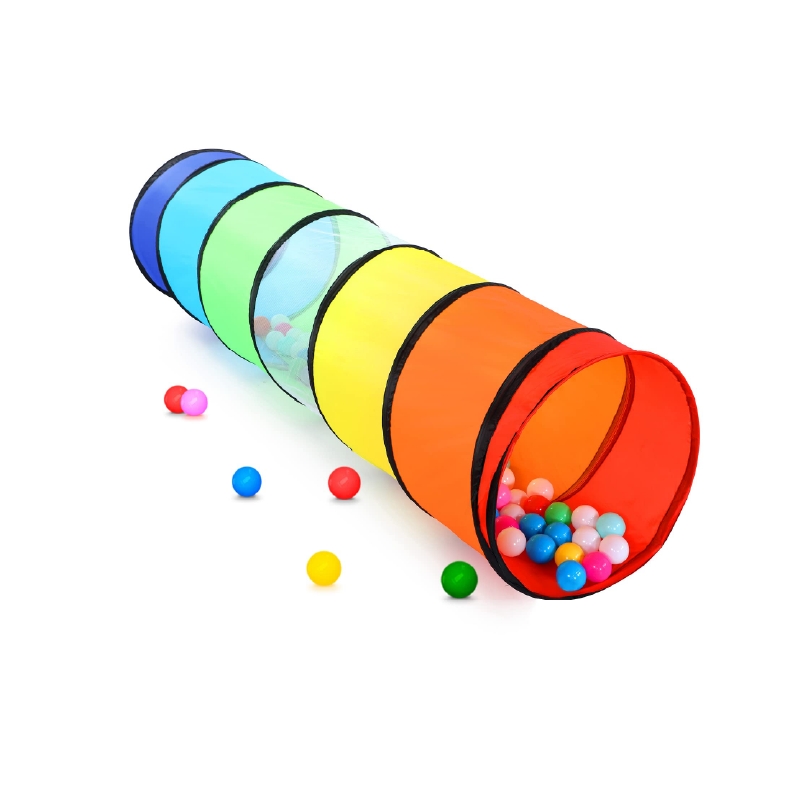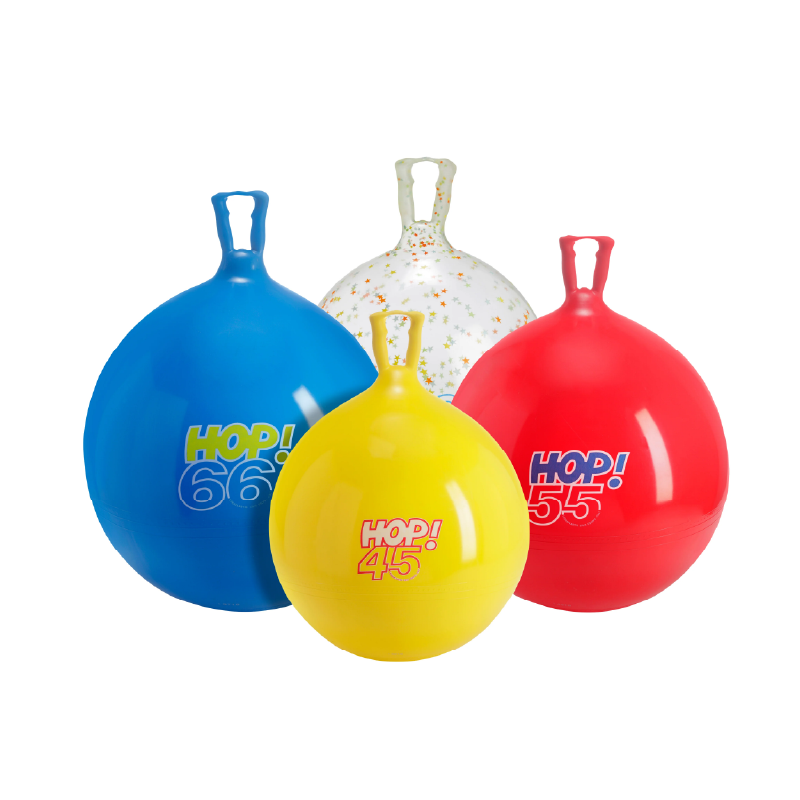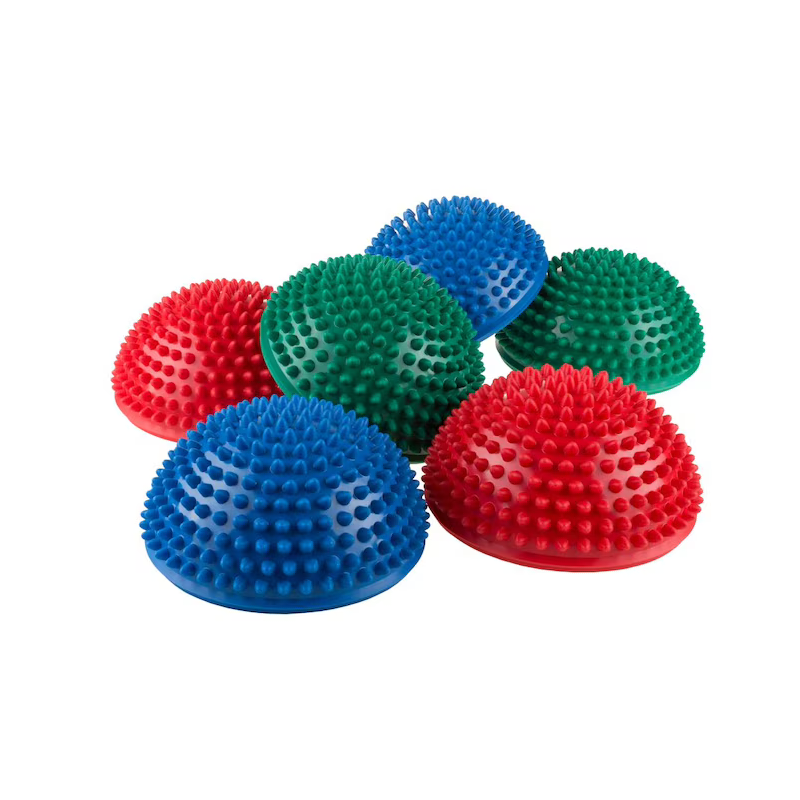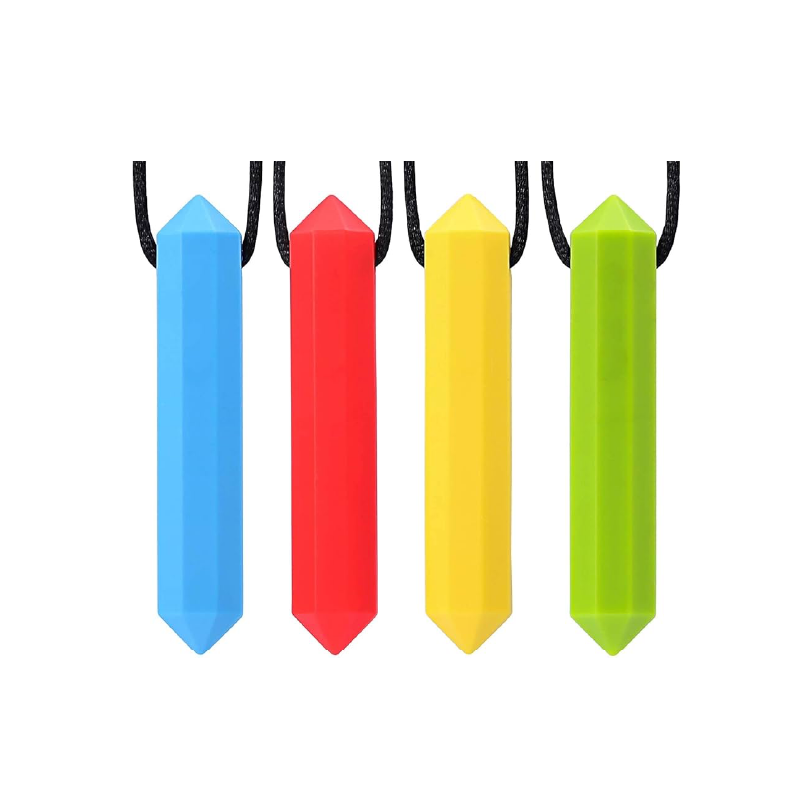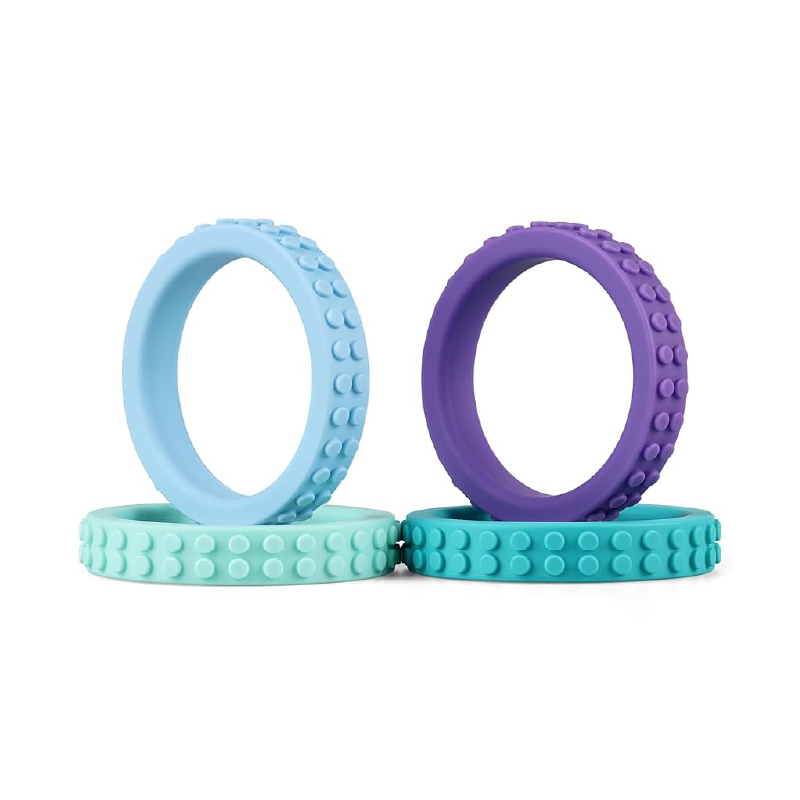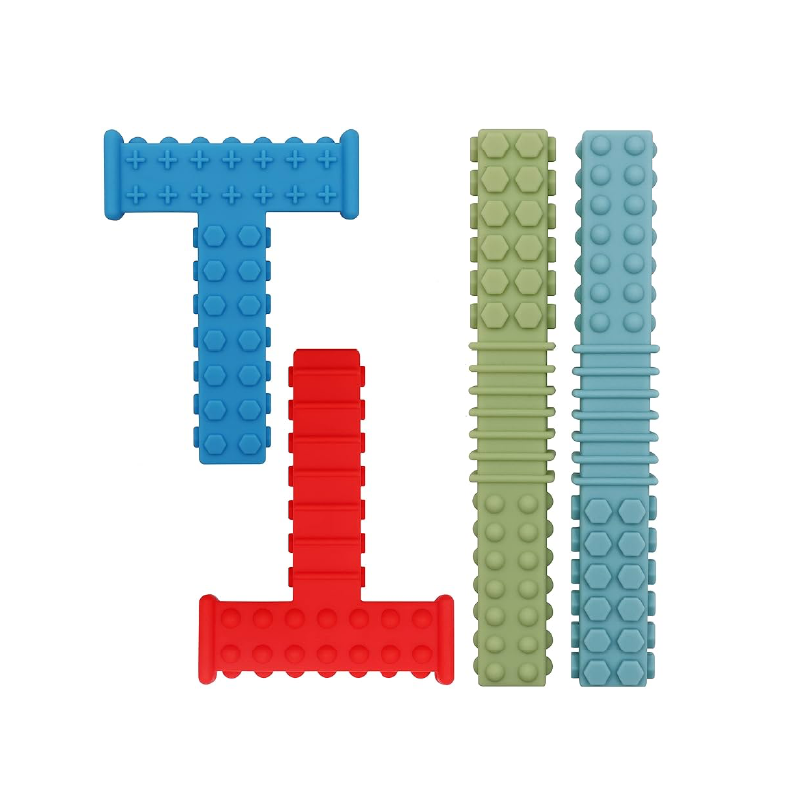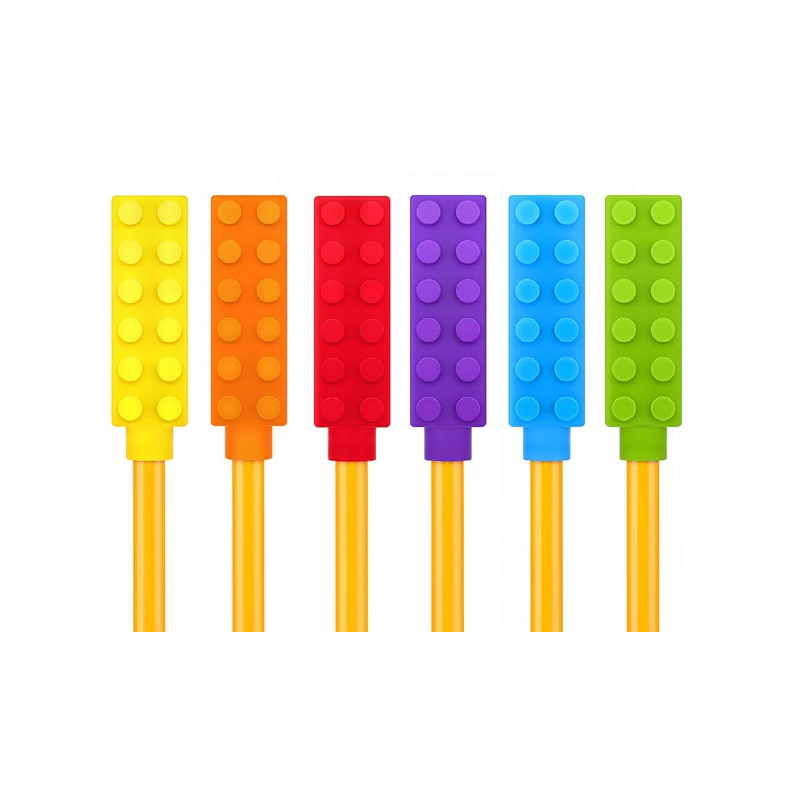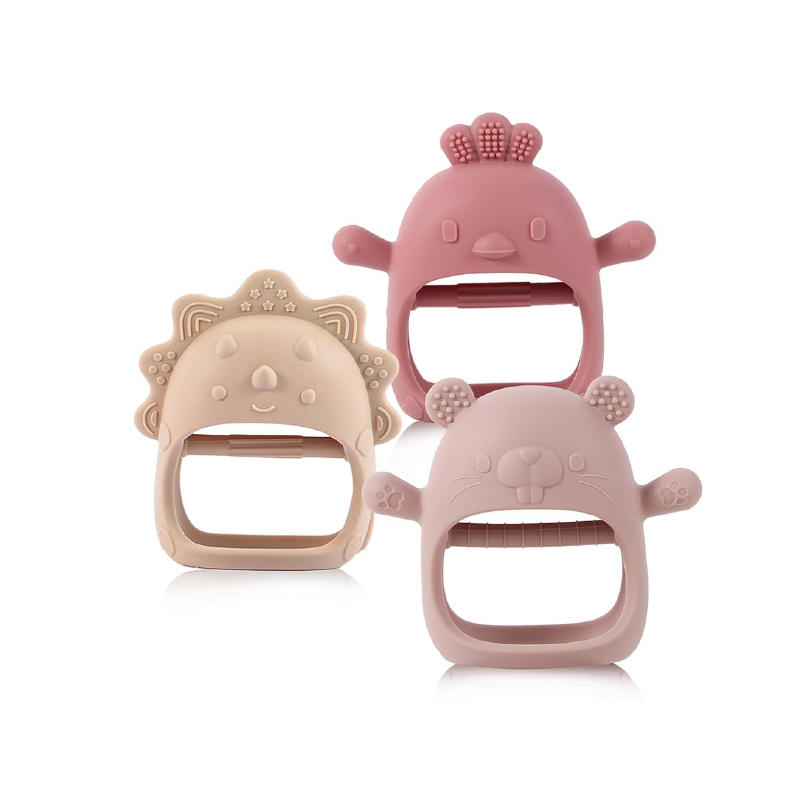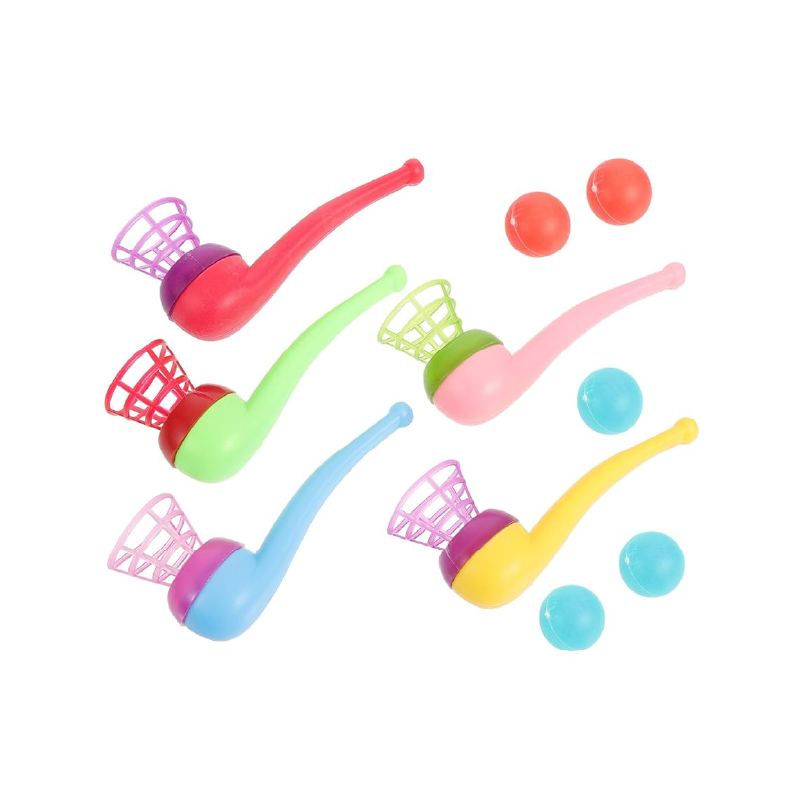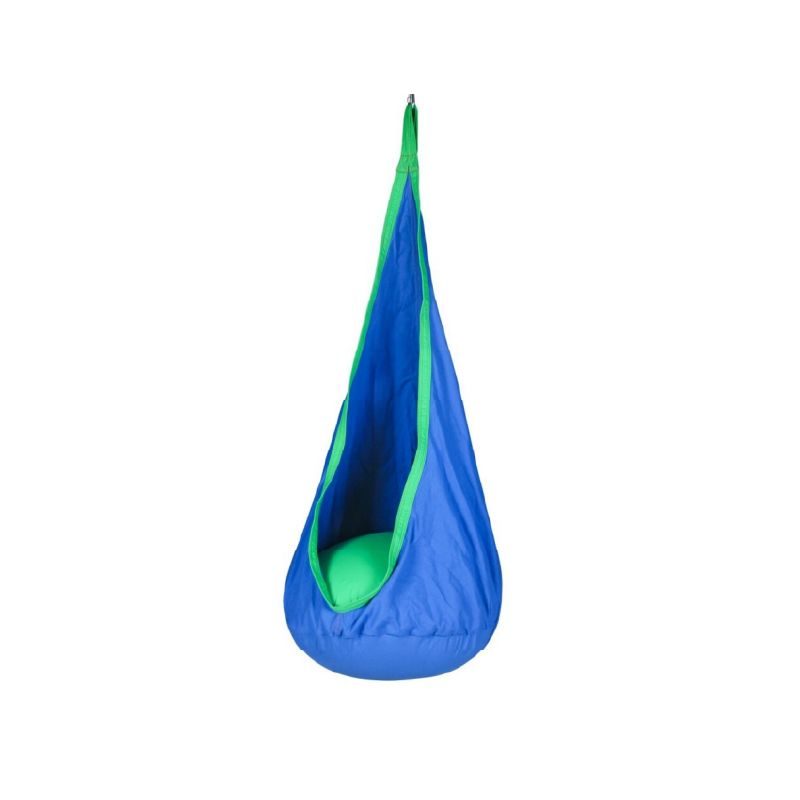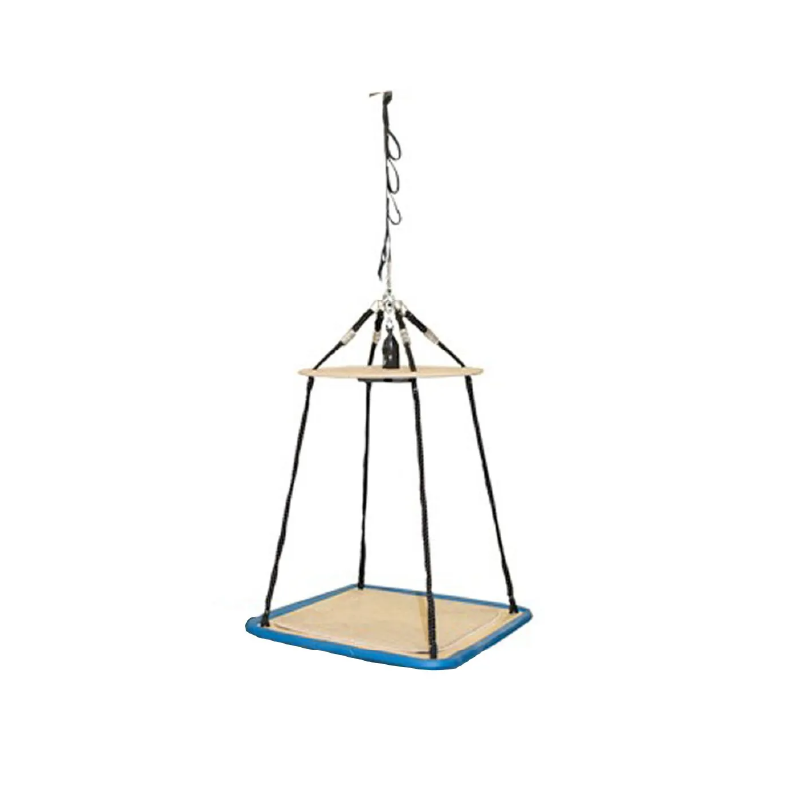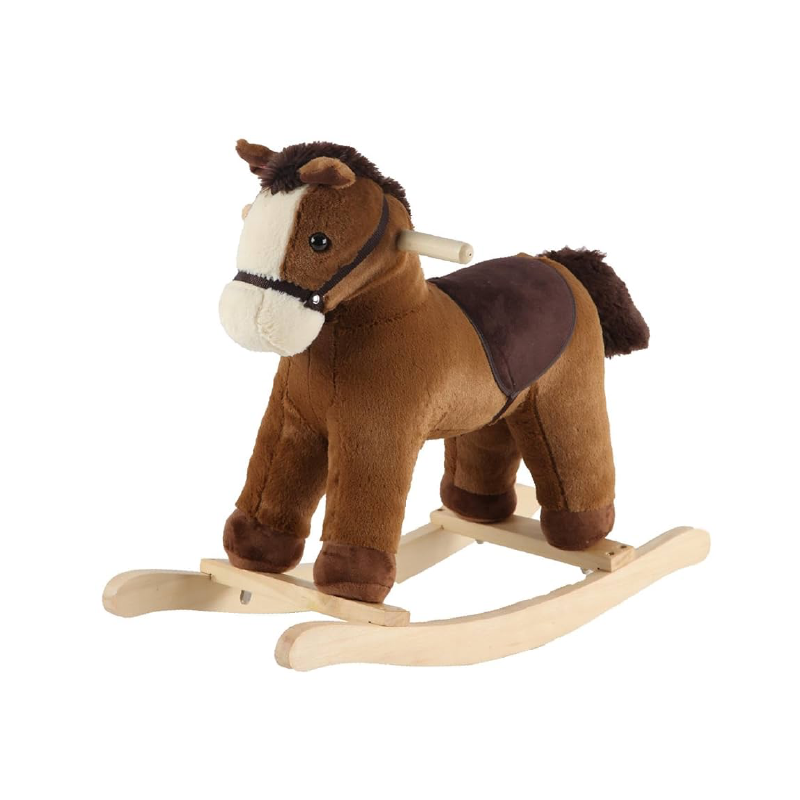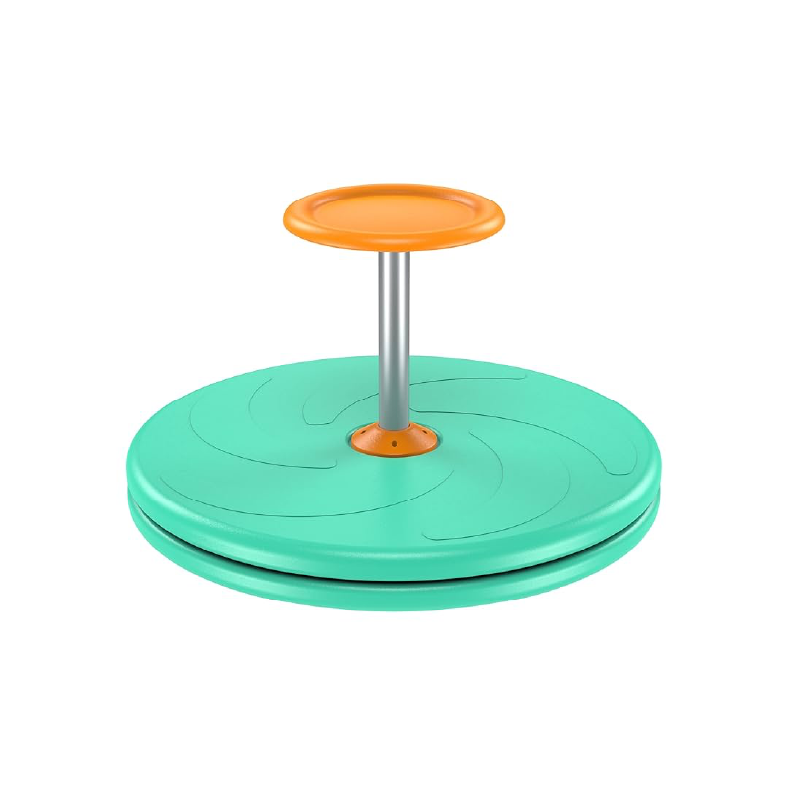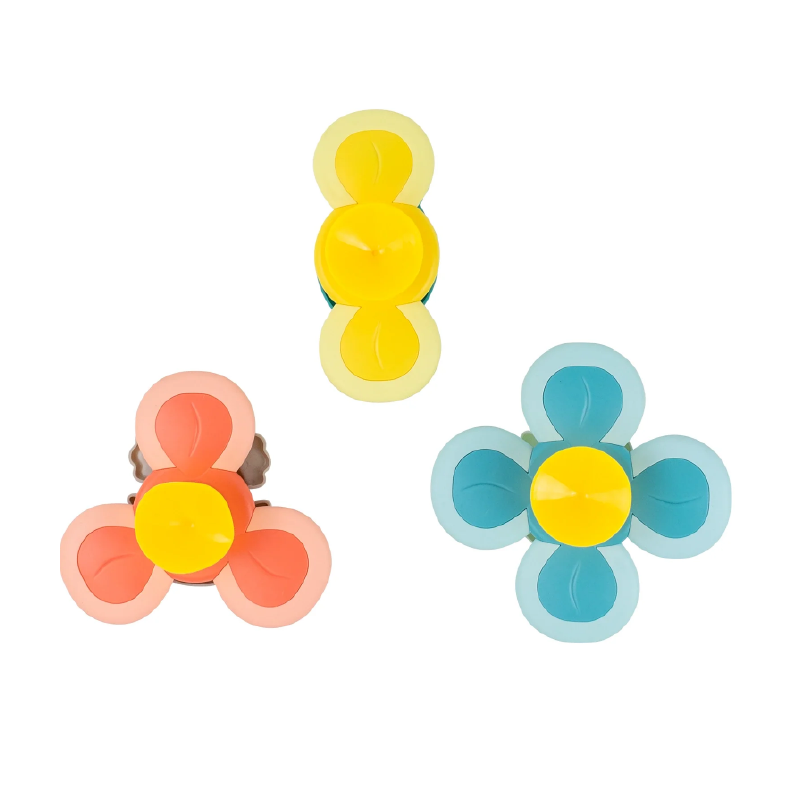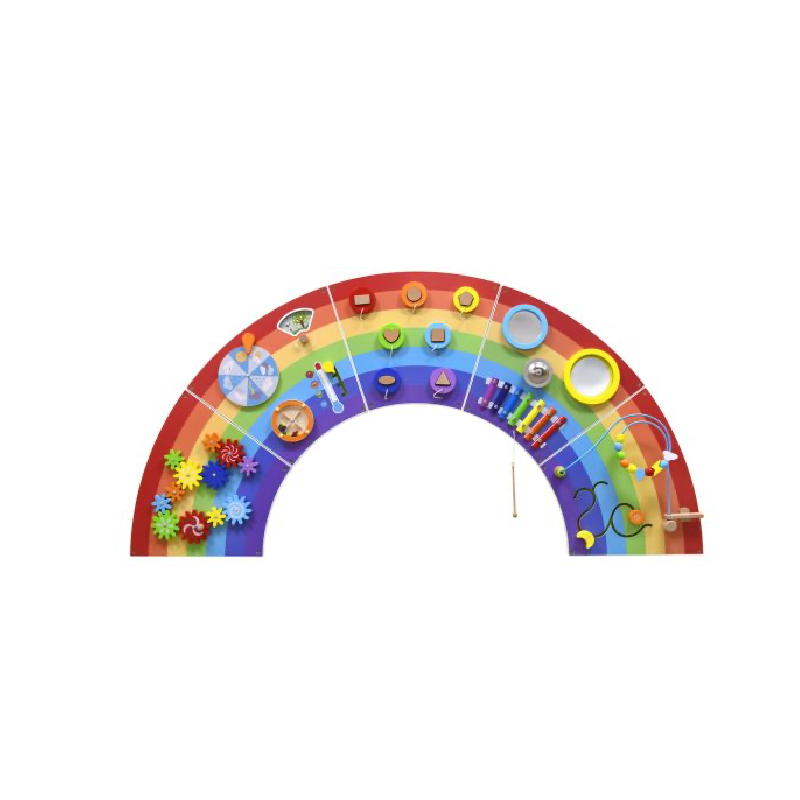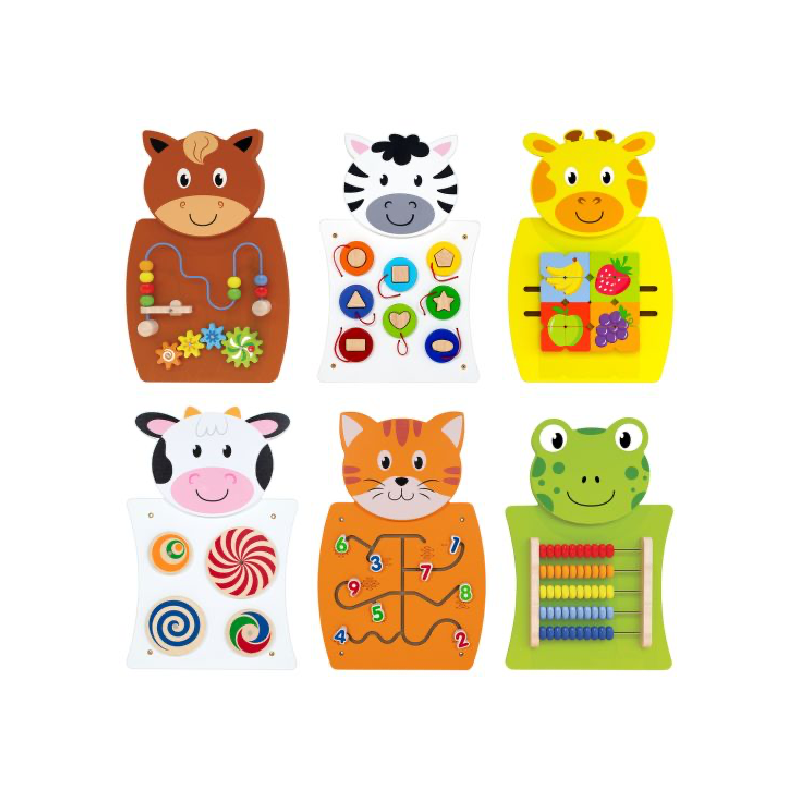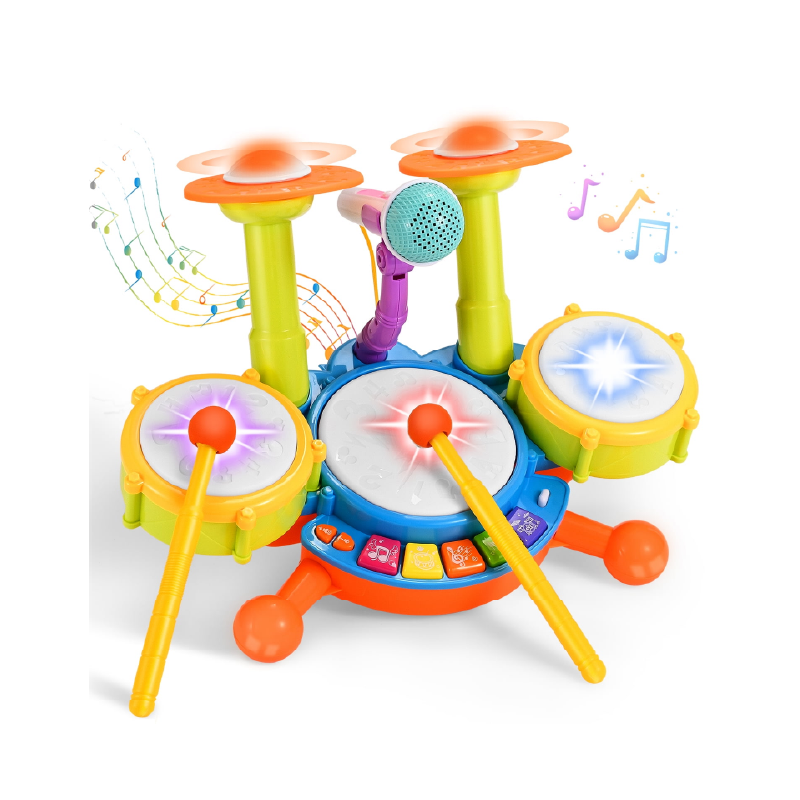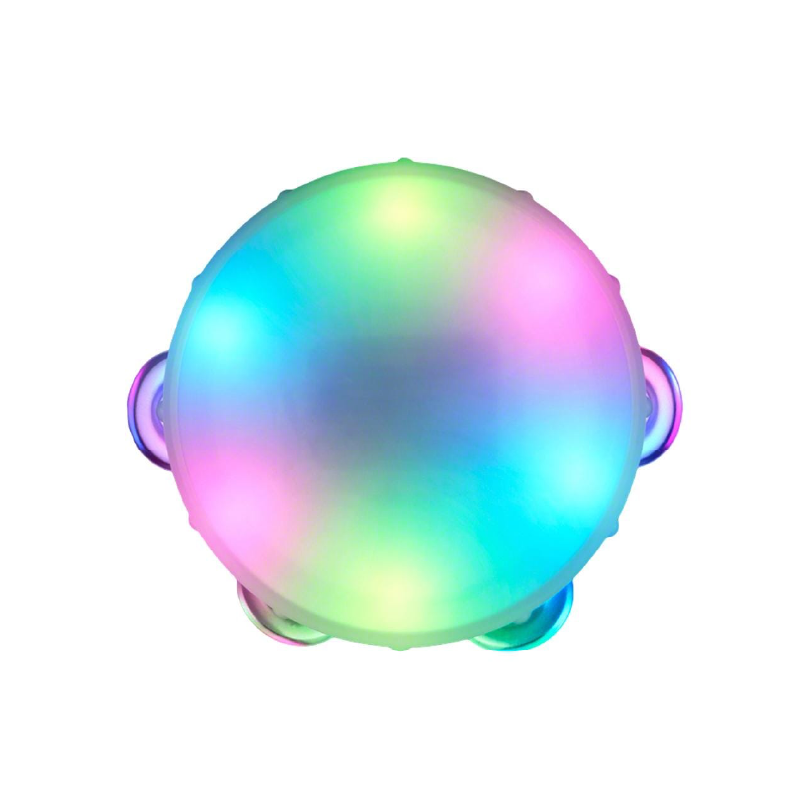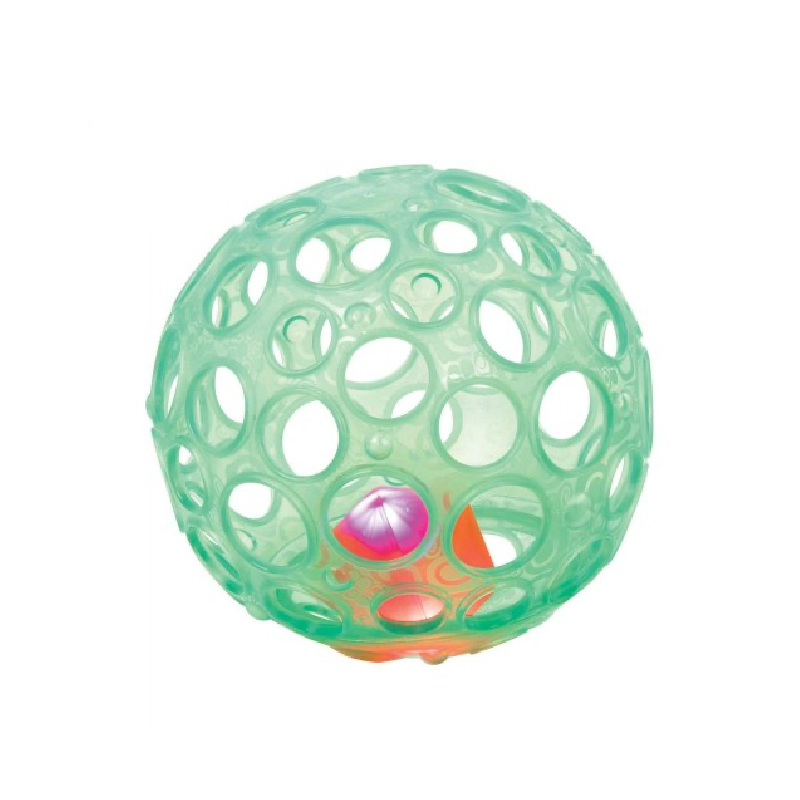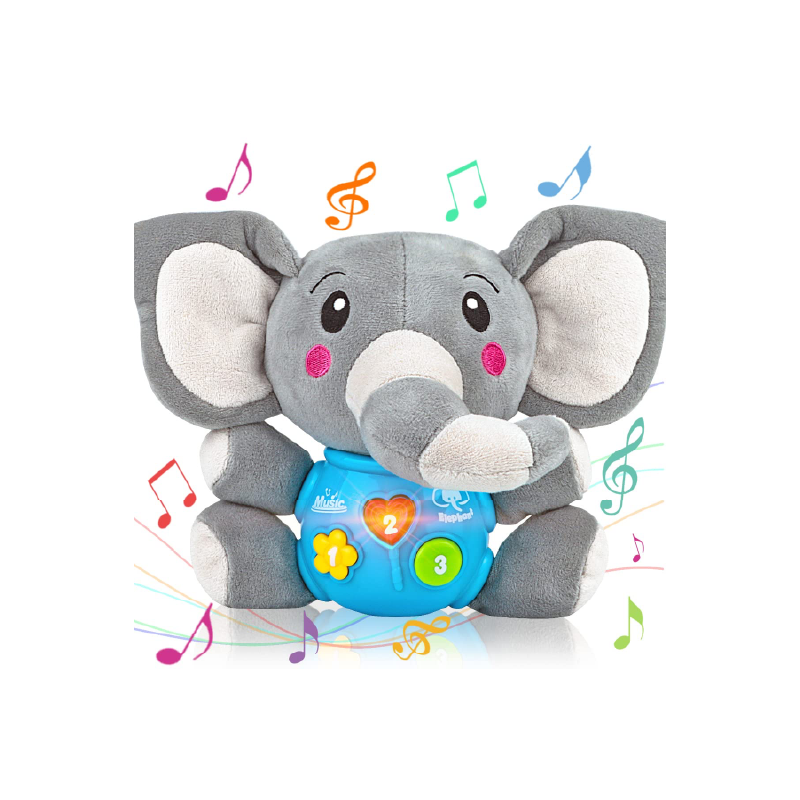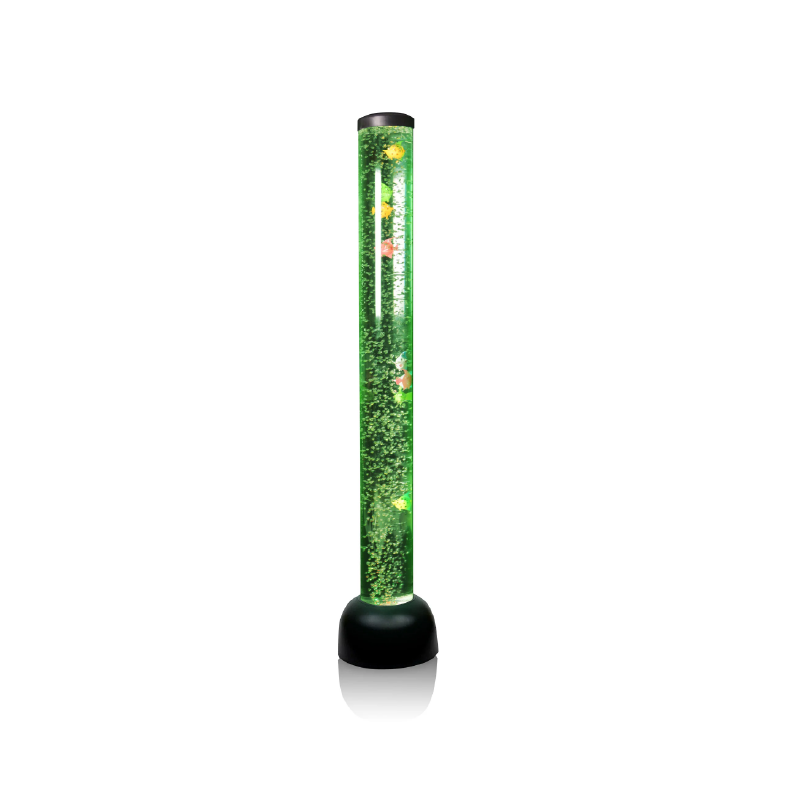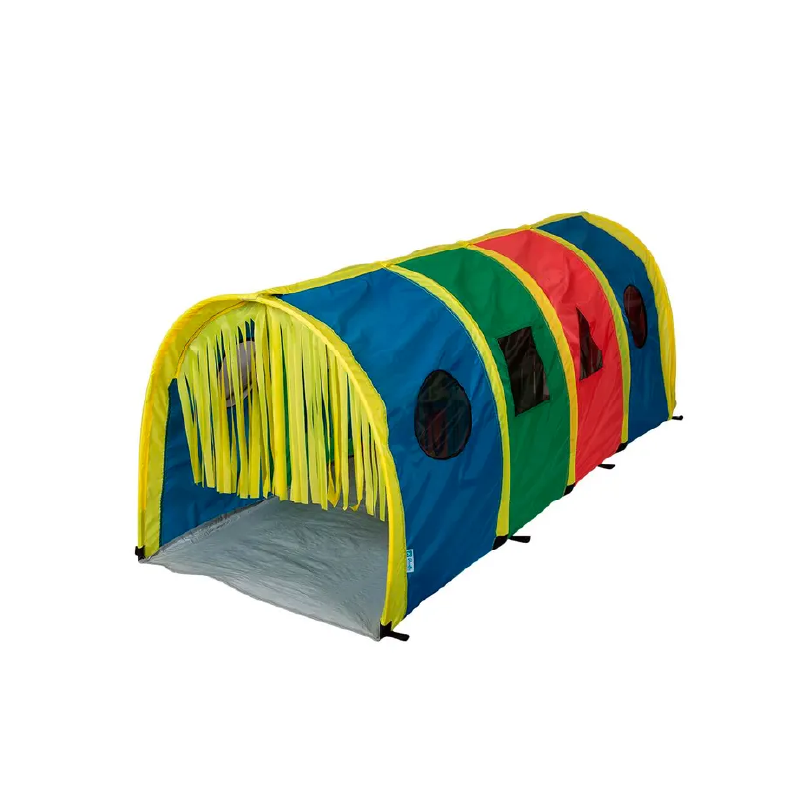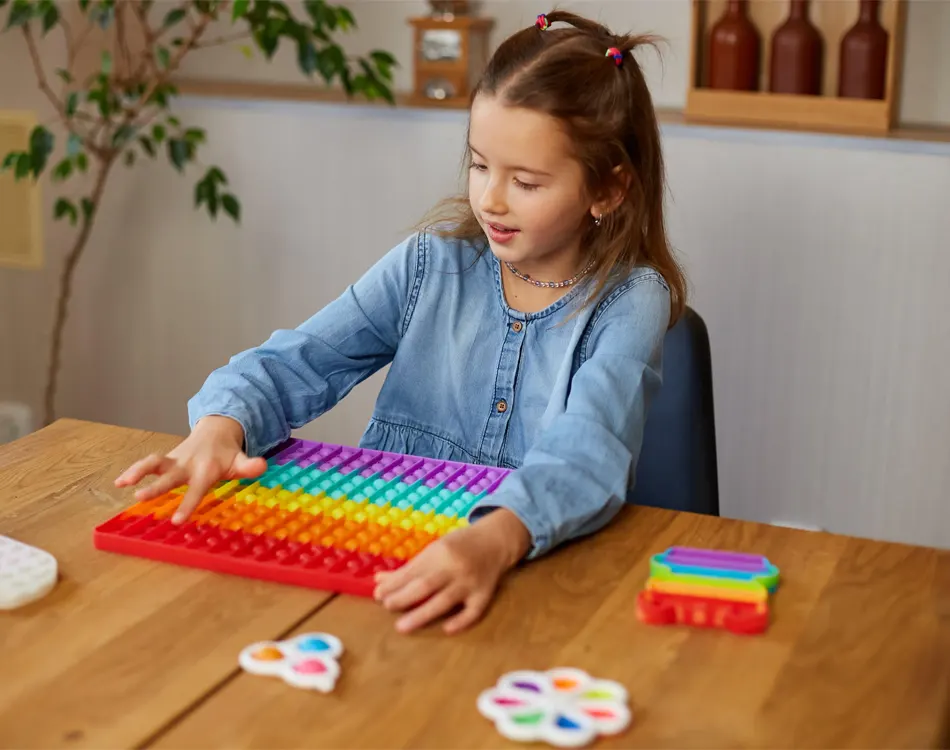
Safe and Engaging Sensory Toys for Preschoolers
Winning Kidz sensory toys provide young children with tactile, visual, and auditory stimulation that supports cognitive growth and emotional regulation. Ideal for preschool and daycare settings, these toys help reduce anxiety, improve attention span, and foster fine motor skills through soothing, hands-on play. Made from safe, high-quality materials, they’re a valuable addition to any early learning space.
Explore Our Full Range of Sensory Toys for Early Childhood Development
Sensory toys play a vital role in early childhood by stimulating different senses, supporting motor skills, and encouraging emotional regulation. From tactile and visual exploration to vestibular and multi-sensory play, these toys create engaging experiences that foster learning, focus, and well-being.
Tactile Sensory Toys
These toys focus on touch and texture, helping children explore rough, smooth, soft, or bumpy surfaces. They build fine motor skills, strengthen hand–eye coordination, and offer calming experiences through sensory bins, textured balls, or fabric-based play.
Visual Sensory Toys
Designed to capture and develop visual tracking and focus, these toys include light panels, color filters, and reflective objects. They encourage visual exploration, support early cognitive skills, and spark curiosity with vibrant colors and movement.
Auditory Sensory Toys
By introducing different sounds, tones, and rhythms, auditory toys nurture listening skills and sound discrimination. Instruments, sound tubes, and shakers help children connect sound with action, promoting language development and attention.
Proprioceptive Sensory Toys
These toys stimulate the body’s sense of position and movement. Weighted blankets, push-and-pull toys, and climbing equipment support body awareness, muscle strength, and coordination, making them especially useful for active play and self-regulation.
Olfactory and Oral Sensory Toys
Scented playdough, herbal sachets, and chewable toys introduce smell and taste safely. They are excellent for sensory exploration, calming anxious children, and building oral-motor strength in early learners or those needing extra support.
Vestibular Sensory Toys
These toys develop balance and spatial orientation through activities like swinging, rocking, and spinning. Swings, balance boards, and ride-on toys strengthen core muscles while enhancing coordination and body control.
Multi-Sensory Play Toys
Bringing several senses together, multi-sensory toys create rich, immersive learning environments. Sand and water tables, sensory walls, and light-and-sound panels engage children holistically, making play both educational and therapeutic.
Winning Kidz: Professional Manufacturer of Sensory Toys
With over 20 years of experience in early childhood product manufacturing, we bring strong expertise to the design, production, and distribution of sensory toys. Our factory is equipped with advanced CNC machinery, dust-free painting systems, and strict multi-stage quality inspections, ensuring every product meets international safety standards.
From tactile and visual toys to vestibular and multi-sensory equipment, we provide a one-stop solution that covers product development, customization, quality control, and global shipping. We work closely with preschools, daycare centers, and therapy institutions worldwide, helping them build engaging sensory spaces that support children’s learning and well-being.
Our strength lies not only in large-scale production capacity but also in flexible customization. Whether clients need eco-friendly materials like FSC-certified wood or safe silicone for oral sensory toys, we can deliver tailored solutions to meet educational and therapeutic needs.
Safe and Durable Materials for Sensory Toys
The choice of materials is critical in sensory toy design, as it ensures safety, durability, and a rich sensory experience for children. We carefully select eco-friendly, non-toxic, and internationally certified materials to meet the needs of preschools, daycare centers, and therapy institutions worldwide.
-
목재 Strong, natural, and long-lasting. Wooden sensory toys provide authentic tactile experiences and are widely used in tactile, visual, and multi-sensory play equipment.
-
Plastic (Non-Toxic and BPA-Free) Lightweight and easy to clean. Safe plastics are commonly used in fidget toys, auditory tubes, and visual sensory tools that require bright colors or transparency.
-
Silicone (Food-Grade) Soft, flexible, and safe for oral exploration. Ideal for oral sensory toys such as chew tubes and teething tools.
-
Fabric and Textiles Offer diverse textures for tactile stimulation. Commonly used in fabric sensory boards, textured mats, and weighted blankets.
-
Foam and Soft Materials Provide cushioning and support. Frequently used in proprioceptive and vestibular toys like climbing blocks, balance beams, or crash mats.
-
Natural and Recycled Materials Sand, rice, beans, and other eco-friendly fillers create engaging sensory bins, while recycled or biodegradable materials support sustainable play solutions.
Key Factors to Consider When Choosing Sensory Toys
Selecting the right sensory toys ensures that children get the maximum benefit for their development. Whether for a preschool, daycare, or therapy center, the choice should balance safety, functionality, and age-appropriateness. Here are the key factors to consider:
Understand the Child’s Sensory Needs
Every child experiences sensory input differently. Some seek stimulation (sensory seekers), while others are sensitive to it (sensory avoiders). Identify whether the child needs support with calming, focusing, self-regulation, or stimulation.
Match Toys with Developmental Goals
Sensory toys can support fine motor development, cognitive growth, language, and emotional regulation. Always consider what developmental area you want to target.
Check Labels and Certifications
Always review product labels for age recommendations, safety warnings, and usage instructions. Confirm certifications to ensure the toys are free from harmful substances and meet international safety standards. Labels also provide guidance on cleaning and maintenance, supporting safe and practical long-term use.
Age Appropriateness
Ensure the toy is suitable for the child’s age group—both in terms of safety and challenge level. Avoid small parts for toddlers, and choose open-ended toys for preschoolers to encourage creativity.
Ensure Durability for Daily Use
Preschool and daycare environments require products that withstand frequent handling. Opt for reinforced construction, washable surfaces, and easy maintenance over time.
Budget and Space Considerations
Educational settings often face tight budgets and limited room layouts. Choosing scalable solutions allows institutions to balance affordability with quality while fitting into existing classroom or play areas.
Sensory Play Toys for Kids of Different Ages
Children experience and process sensory input differently as they grow. To support healthy development at every stage, it’s essential to choose age-appropriate sensory toys that align with their physical, cognitive, and emotional needs.
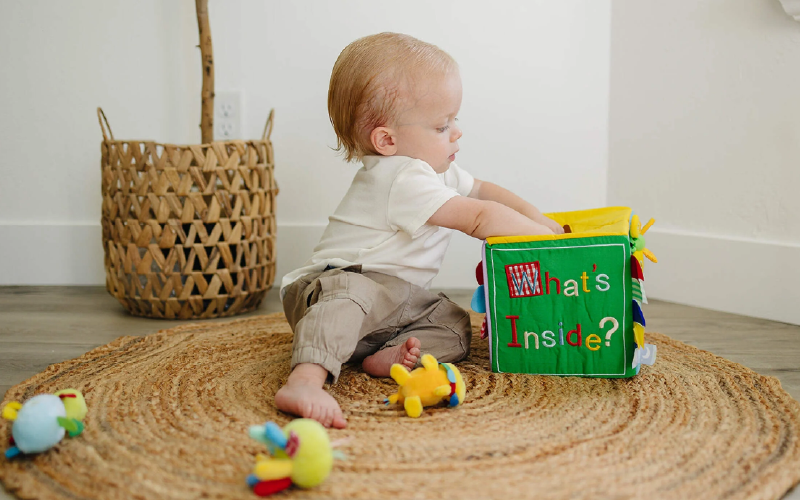
Sensory Toys for Infants (0–12 Months)
At this stage, babies are developing visual tracking, auditory awareness, and basic tactile exploration. Toys should be soft, safe, and stimulate one sense at a time.
Soft Texture Balls
High-Contrast Panels
Baby-Safe Mirrors
Gentle Rattles
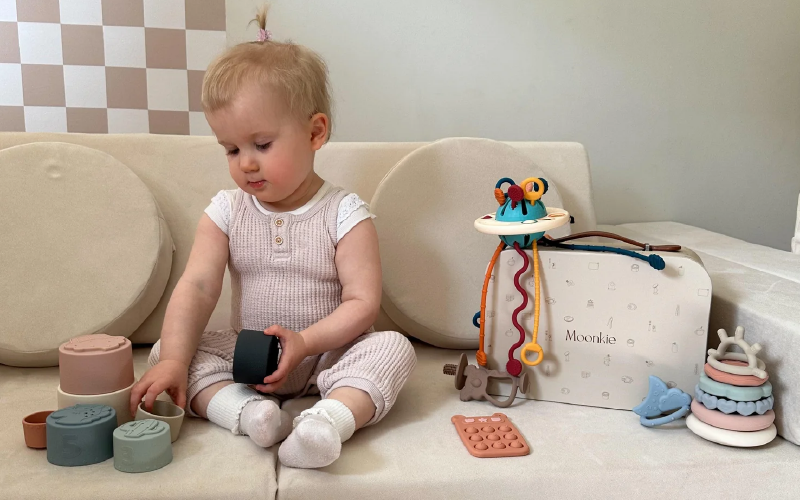
Sensory Toys for Toddlers (1–3 Years)
Toddlers need sensory toys that encourage grasping, stacking, pushing, pulling, and sound discovery. This stage is ideal for developing cause-and-effect awareness and hand-eye coordination.
Spinning Drums
Busy Boards
Light-Up Panels
Textured Blocks
Musical Toys
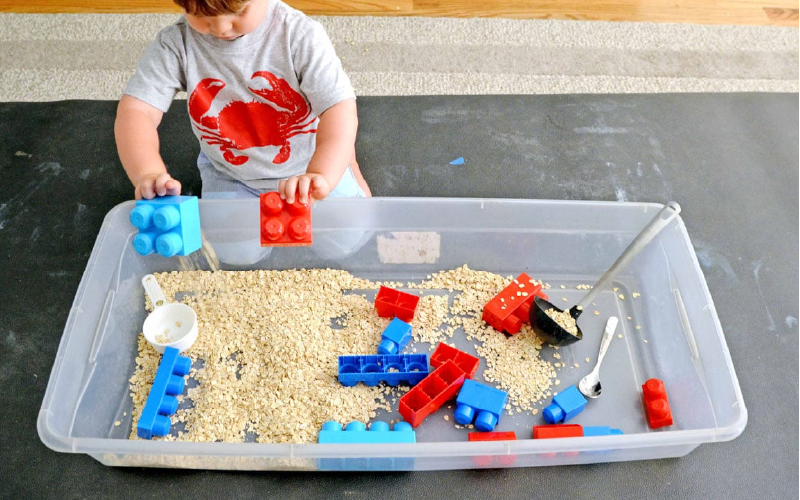
Sensory Toys for Preschoolers (3–5 Years)
Preschoolers are ready for multi-sensory and interactive play. Toys should support fine motor skills, emotional regulation, and early problem-solving through open-ended exploration.
Sensory Tables
Tactile Wall Panels
Liquid Floor Tiles
Fidget Sets
Light & Shadow Play
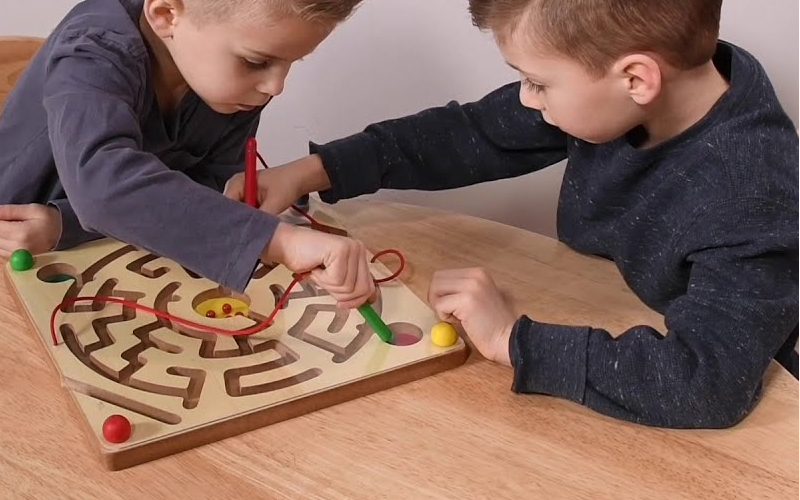
Sensory Toys for Early Elementary (5–7 Years)
Children at this age benefit from more complex tasks involving sequencing, memory, and sensory-based learning. Toys should offer layered input and challenge.
Balance Boards
Magnetic Sensory Mazes
Memory Sound Games
Visual Pattern Activities
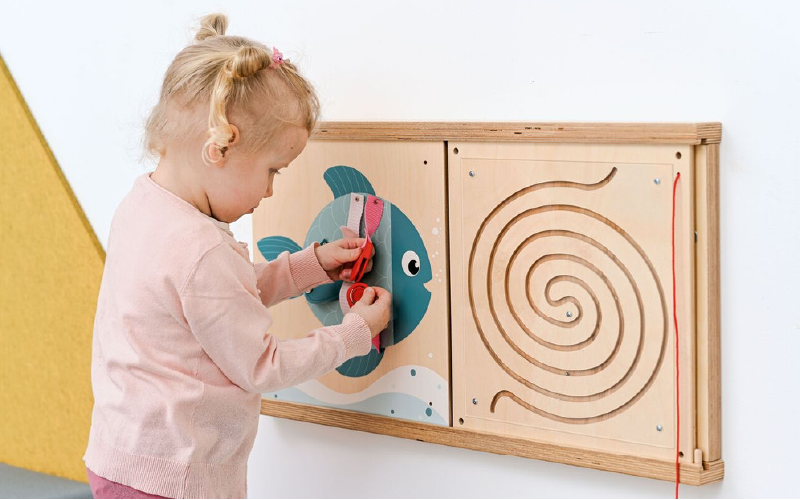
Sensory Toys for Mixed-Age Classrooms
For inclusive environments or special education centers, choose modular or adjustable sensory toys that offer layered complexity. Products that can grow with children reduce long-term costs.
Customizable Wall Panels
Multi-Texture Play Mats
Stackable Sensory Blocks
Comprehensive Sensory Room Solutions
At Winning Kidz, we go beyond supplying individual toys. We provide full sensory room solutions tailored for preschools, therapy centers, and special education programs. From concept planning to product selection and installation, we help you create engaging, safe, and effective sensory environments.
Customized Sensory Toys
We design and manufacture sensory toys tailored to your program’s needs, with options in size, material, and functionality. This customization ensures every product fits your educational goals while meeting strict safety and durability standards.
Furniture and Layout
Our team delivers 2D/3D room layouts that integrate sensory equipment with child-sized furniture for a complete setup. From storage and seating to activity tables, we create organized, safe, and practical environments ready for daily use.
Integration Across Age Groups
Our solutions are adaptable for infants, toddlers, preschoolers, and early elementary children. By combining age-appropriate products, we help institutions serve mixed-age classrooms efficiently with fewer procurement challenges.
Budget-Friendly Options
Solutions are available at different investment levels, making it easier for schools and centers to start small and expand later. We prioritize cost-efficiency without compromising on safety or quality.
Turnkey Support and Guidance
We offer a one-stop service that covers consultation, customization, manufacturing, quality inspection, and global logistics. Clients receive ready-to-use solutions, saving time and ensuring smooth project delivery.
Proven Global Experience
With extensive international project experience, we have supported schools, therapy centers, and institutions around the world. Our solutions are designed to be practical, scalable, and reliable.
Safety and Certifications You Can Trust
Meeting recognized safety standards is essential to protect children and support professional care environments. Certified sensory toys guarantee compliance, reliability, and long-term trust for educators and institutions.
Cleaning and Maintenance of Sensory Toys
Keeping sensory toys clean and well-maintained is essential for schools and daycare centers where products are shared by many children daily. Proper care not only extends the lifespan of the toys but also ensures a safe and hygienic learning environment.
- Plastic toys: Wipe with mild soap and water; some are dishwasher-safe.
- Fabric toys: Wash in a mesh bag on a gentle cycle, or hand-wash if delicate.
- Wooden toys: Use a damp cloth with a vinegar solution; avoid soaking.
- Electronic toys: Wipe down with alcohol-based wipes; ensure no liquid seeps into internal parts.
- Silicone toys: Wash with warm soapy water or place in the dishwasher if labeled safe. Allow to air dry completely before reuse.
자주 묻는 질문
1. What exactly are sensory toys?
Sensory toys are specially designed products that stimulate one or more senses such as touch, sight, sound, balance, or movement. They help children explore their environment, build skills, and regulate their emotions through play.
2. What are the benefits of sensory toys?
Sensory toys support child development by enhancing motor skills, focus, language, and problem-solving. They also encourage calmness, improve self-regulation, and create opportunities for both independent and social play.
3. What do sensory toys do for autism?
For children with autism, sensory toys can reduce anxiety, improve focus, and support sensory integration. They provide safe outlets for self-expression and help children manage overstimulation in daily environments.
4. When to use sensory toys?
Sensory toys can be used in classrooms, therapy sessions, or at home during structured learning and free play. They are especially helpful during transitions, calming routines, or when children need extra focus and regulation.
5. Do sensory toys support children with special needs?
Absolutely. Sensory toys are widely used in inclusive classrooms and therapy settings to support self-regulation, focus, and sensory integration for children with diverse needs.

